GREEN OBSERVER
UIUC'S ONLY STUDENT RUN

T H E S P R I N G I S S U E 2 0 2 3
ENVIRONMENTAL MAGAZINE
Contributors
JULIA SPAINHOUR
Service and Sustainability in Ecuador
An Overview of the Stop Cop City Movement
SOPHIA BEEM
Three Pieces of Positive Climate News

British Colonialism and the Environment in Sub-Saharan Africa
JULIA SAN MIGUEL
The End of Cherry Blossom Season as We Know it?
Photography
SACHI TILLU
Artwork
RUDY LAFAVE
UIUC is Destroying Our Future. It's Time to Fix it.
EDITORIN-CHIEF
It's the month of the Earth (though that should be every month in my opinion), and the Green Observer has a special issue to share. Amidst the rocky transition into spring after the uncharacteristic winter across the country, April reminds us to stay diligent during these climate crises.
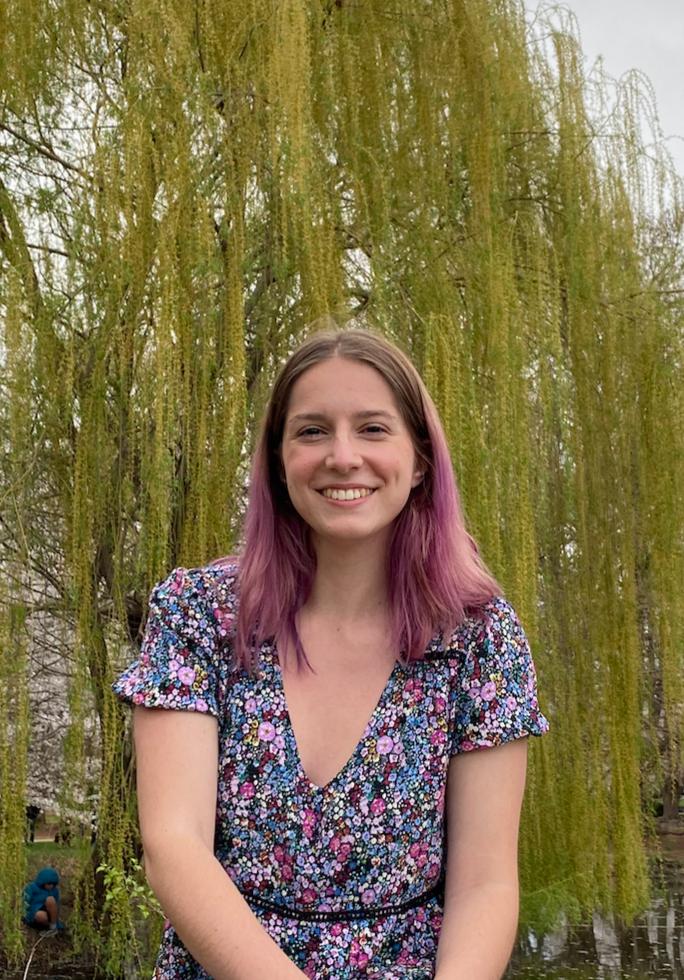
In this issue we have a four page spread detailing a sustainability trip in Ecuador, a history of the Stop Cop City movement, summaries of positive climate strides, beautiful photography, art, and more!
Spring, for me , is a time of curiosity and transition. Allow yourself to roll with the change.
LexiDelmonico
SERVICE AND SUSTAINABILITY IN ECUADOR
 Julia Spainhour
Julia Spainhour
The University of Illinois has a lot of great qualities, but one of the characteristics that make it stand out is the wide scope of its study abroad programs, with 300 programs ranging throughout 50 different countries across the globe. I recently had the opportunity to go on one of these trips over winter break, and I’d like to offer up some of my perspective for anyone who is considering going on the journey as well. The class I participated in is entitled “Service Learning & Sustainability in Ecuador,” offered through the College of ACES.
As someone with a major in Natural Resources & Environmental Sciences, I was drawn to this trip because I wanted to broaden my education about sustainability It’s such a unique opportunity to be
able to study abroad as early as your freshman year, and I knew that it was one I couldn’t pass up As the date of the trip approached, however, I grew more and more nervous I had never been out of the country before, and I was going to a place I didn’t know very much about, with people I knew even less. Everyone in my life who had ever been on a study abroad trip boasted about how life-changing of an experience it was, but still, every what-if permeated my mind. What I discovered in the end, though, was that as many lows as there were on the trip, there were even more highs. Nothing will ever be perfect, and once you get that expectation out of your mind, you understand just how much life has to offer. I learned so much from my time in Ecuador and got to know some one-of-a-kind people.
I feel connected to a community in a completely different part of the globe than me, and I feel like a citizen of the world now more than ever. What I’m trying to say is, don’t let fear get in the way of pursuing awesome opportunities such as this one. I probably would’ve a few years ago, and I would have missed out on so much
Let’s backtrack for a second, though Before our field experience in Ecuador even started, all of the participants were required to take a ten-week course in the fall semester. This allowed us to acquaint ourselves with our peers, chaperones, and site directors and learn about what lay ahead of us on our trip. We covered a vast catalog of topics, including intersectionality, sustainability, identity, and ethical storytelling, and dug into these ideas further through group discussions and individual reflections. I found this to be really valuable because it helped me ascertain my relationship to these issues prior to traveling. This way, I wasn’t confronted with everything all at once, and I already had a basis of knowledge going in This class encouraged us all to be more intentional travelers and open our minds to new perspectives
One of the most significant aspects of this trip was its fair-trade learning model. Historically, the concept of ‘mission trips’ has been used as a tool for imperialism. Colonizers have come into North America, South America, and Africa under the guise of ‘do-gooding’ to justify conquering and converting the people there. This has now expanded into the industry of volunteer tourism, which is just that: an industry. People, especially Americans, spend thousands on volunteer trips abroad, which goes to the agencies they travel through rather than the population of the country they claim to be helping.
Trips like these are also heavily imbued with saviorism, in which travelers feel the need to come into a new place and rescue the people there. This suggests that there is something wrong with these communities, and its members are relying on foreigners to come in and save them. It’s dehumanizing, and it neglects the hard work of people living there who are already making a difference. Without the involvement and teamwork of community members and proper funding to sustain efforts, these programs are highly problematic and exploit populations of people. The only ones who are actually benefiting are the companies who operate there, and the travelers who feel a sense of a cleared conscience.
This was never anything I wanted to be a part of, and I was skeptical at first glance. However, I figured out early on that this wasn’t what our trip was. Instead, we embraced what’s known as fairtrade learning, a model based on genuine collaboration with community members. It’s mutually beneficial and prioritizes the learning experience of everyone involved. The organization we partnered with was called Nido de Vida, a family-owned farm that emphasizes a communitybased approach to the environment. Sustainability is a global issue, and it’s certainly valuable to give and receive insight from other parts of the world. We didn’t come on this trip to pity anybody or attempt to rescue the country of Ecuador. We came to gain new perspectives and share our own We came to understand the global effects of the actions we take We came to make new friends and create relationships that wouldn’t otherwise have been possible. And we came because solving world issues is a team effort, and one of which we want to be a part of.
Finally, after weeks of reflection, preparation, and packing, as well as a long day of travel, we arrived in Quito, the capital city of Ecuador. Over the course of the next nine days, we would go on to travel to several other locations throughout Ecuador, including San Miguel de Los Bancos, La Bolivarence, and Santo Domingo, each with its own unique landscape. The focus of our trip was sustainable agriculture, and we got to interact with farming in a way many of us never had before We received a thoroughly insightful presentation on the state of local agriculture systems in Ecuador, as well as the presence of large mining companies throughout the country. We then were able to experience the agriculture for ourselves: we milked a cow, helped prepare cane sugar, and observed the cheese-making process, all thanks to farmers who graciously shared generations worth of knowledge of their craft with us. As someone who has lived in the city my whole life, it was eyeopening to learn so much about agriculture, a facet of sustainability I had been blind to all my life. I witnessed the implementation of traditional and environmentally-friendly methods of farming, as well as the roadblocks that producers are facing
in the current climate. As a result, I gained a far deeper awareness of the products I typically pick up in the grocery store without a second thought.
I’m eternally grateful that I not only was able to just travel to Ecuador, but that I did it with such dedicated, knowledgeable, and kindhearted people Nido de Vida, and all the people we worked with there, welcomed us with open arms in such a way that I will never forget Even with a language barrier, there was so much effort put into translation to help us understand each other, as well as a care for each other that sometimes ran deeper than words. By cheering on soccer games, interacting with local high schoolers, touring with the Tsachila tribe, swimming in rivers, attending a parade for the mayoral campaign, and playing card games with a group of elderly folks, I felt truly connected to this community, and I wished I could’ve stayed for longer.

I recently spoke to one of my peers, another freshman in NRES, about her experiences because she came into them with a perspective completely different from my own This was our conversation:
Firstly, what made you decide to come on this trip?
So, I first learned about it during registration, and what stood out to me was, for one the fact that it was a first-year experience. Most study abroad trips are not first year or not open to first year students. Then just that the subject of it was sustainability and service learning, which is what I want to go on to do. Like working in small developing communities, hopefully like around the world in a sense, cause after graduation I want to go into the Peace Corps. So the work itself was similar. Plus it’s beautiful and a new
environment and my first time out of the country, so, very exciting.
What would you say was the most profound moment for you on the trip?
Honestly, it was during the agriculture presentation. I had been thinking for a while all the thoughts of my background and how it pieced together with Ecuador. Basically how my life was actually quite similar to the people in Ecuador, and how I kinda was different from everyone else in the group. So when I brought up how similar the US farming communities to Ecuador, and one of our peers was like, “I never thought about that before,” it was a very nice moment where understanding was really taking place How has your viewpoint shifted upon coming back? Has it changed your actions, habits, or attitude in any way?
For me, I had a complicated relationship with my community back home, and I wanted to get away from it a lot. Going on the trip I realized how important being raised in that community, even with its flaws, was for my development, and also for my understanding of the world. So, when I came back I just had this newfound appreciation for that, and it just kinda made me a little more open minded. Seeing that understanding with our peer, I feel like I want to work more towards bridging that gap between urban and rural communities, even if it’s in my class
This was never anything wanted to be a part of, and I was skeptical at first glance
Was there anything you were worried about going into the trip? How did it play out once you got there?
I will say I was a little worried, because I didn’t feel prepared enough to go to a new country. But once I was there, everything just kinda slid into place. Our chaperones were really helpful, and just, all of our classmates made it a lot less stressful. I was also really worried about my lack of Spanish. I didn’t know how much of a role it was gonna play, and I didn’t know if the people we were interacting with would know English or not, but it became a lot easier when people were translating. For example, our peer kinda took on the role of translator and others helped too. I thought I would be completely lost, kinda like a fish out of water, but with everyone else’s support it really did work out in the end
What did you learn about sustainability while in Ecuador?
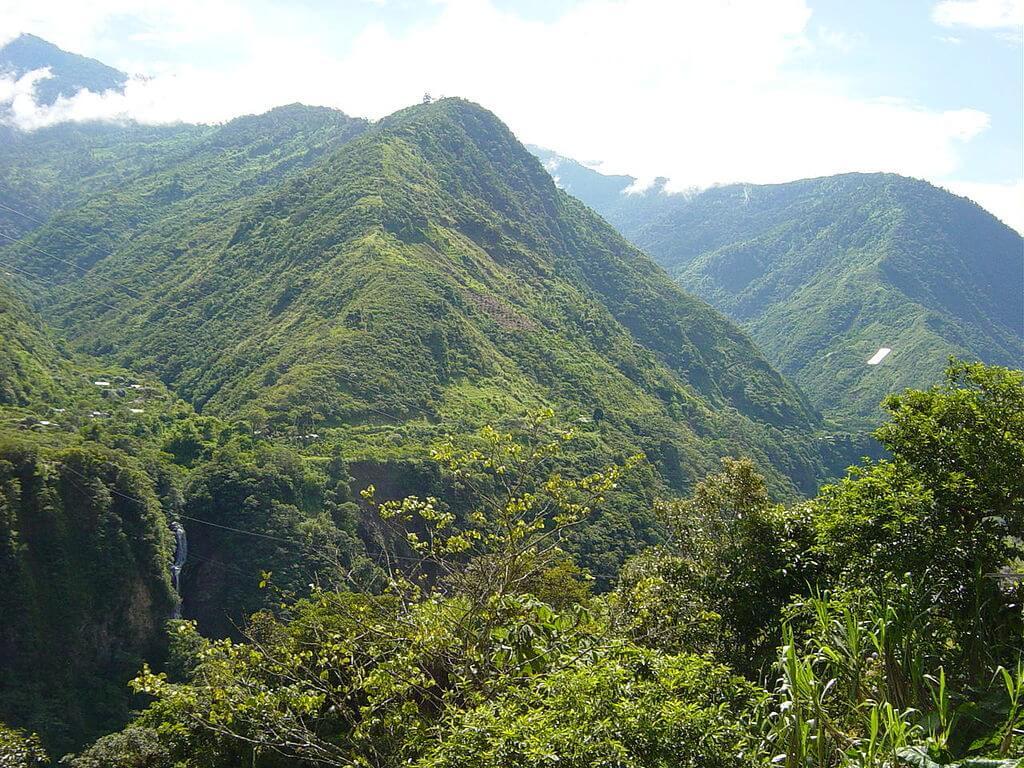
I learned that everyone has a different definition for it. For myself, I usually just thought of environment when it came to sustainability, but I’m realizing sustainability is so much more than that. It’s about maintaining cultures, traditions, and ways of life that have mostly been overlooked or even beat down. So I definitely see sustainability in a much broader scope than just the environment or just natural resources.
Is there anything else you want to talk about?
The amount of biodiversity that you’re exposed to, the amount of fresh food, the amount of experiences, you realize that even though we have so much in the US, there are still parts that we miss out on. When you go somewhere else, you really see what you’ve been missing out on, and that quality of life is not just determined by technology or development, it’s much more than that. And that’s not to say that people in Ecuador have a much greater quality of life or people in the US have a much greater quality of life, but there are certain areas where each country, or each population lacks, and when you go somewhere else you realize what you as a person lack in terms of quality of life.
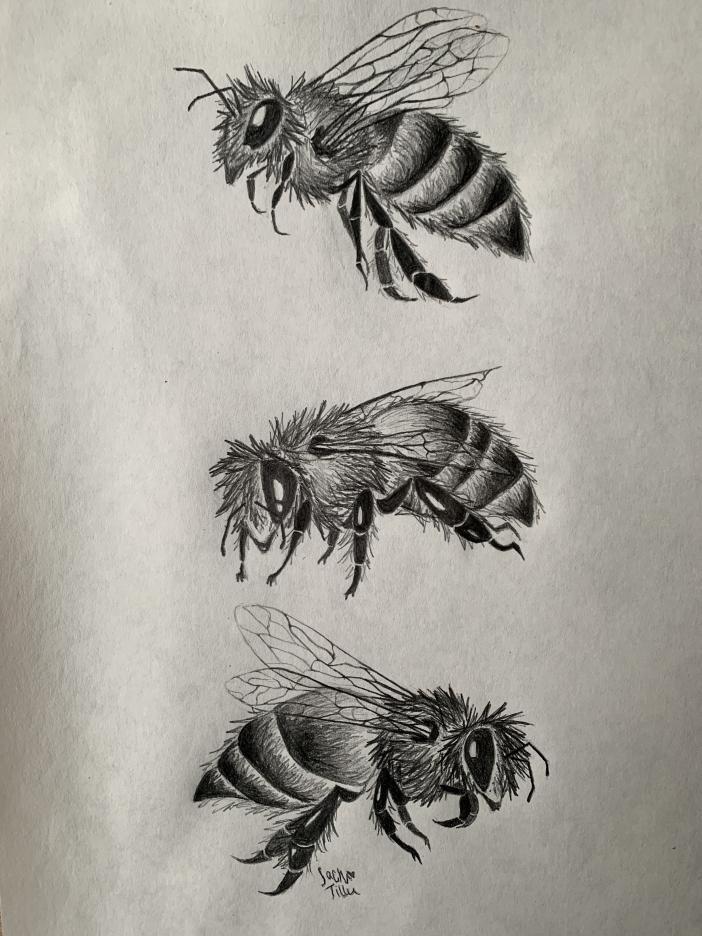
Three Pieces of Positive Climate News
Sophia Beem
It’s easy to become overwhelmed and anxious when we work on environmental issues and stay up to date on climate news, and it’s easy to forget all the progress we have made So here are some positive developments from this year so far to combat that environmental existential dread. Hope is what keeps the spark alive!
Robot Shark Collecting Trash
A robotic shark that collects plastic waste and water quality data has been deployed in the Thames River in London by the Aqua Libra sustainable water brand and the Canary Wharf Group. It can “eat” up to 1,100 lbs of plastic waste each day, the equivalent of 22,700 plastic bottles. Warnings have been issued surrounding sewage pollution recently, and in 2019, five decades of plastic pollution flowed into the Thames after a landfill full of toxic waste was exposed by erosion This shark helps to combat these issues and make the Thames safer and cleaner. Once the trash is collected, it is recycled and repurposed. Similar models have been deployed elsewhere, and the shark provides a promising model for protecting rivers and other bodies of water from pollution.
EU Push for Fossil Fuel Phasedown
European Union diplomats are considering an agreement to promote a shift away from oil and gas fossil fuels and make this one of their priorities for COP28, the U.N. climate summit that will begin November 30th in Dubai. Most recently, the COP27 deal affirmed a pledge to phase down coal power, but did not mention oil or gas Some fear that a similar outcome could occur this year, with the summit being hosted by the United Arab Emirates, an OPEC oil producer. EU member states may agree to call for a global move towards divesting from fossil fuels,
emphasizing that a dependence on these fuels leaves countries vulnerable to geopolitical risks. If the EU goes forward with the agreement and prioritizes reducing fossil fuels, they could make a big impact on the outcome of COP28 This is a promising development that highlights a growing consciousness about the importance of divestment.
Indigenous Rice Saved in Bangladesh
Bangladesh is the fourth biggest rice-producing country in the world, and despite having around 1,000 indigenous varieties of grain with adaptive qualities that could withstand climate change, the need for productivity has forced many of these varieties to go extinct. However, some farmers and organizations are fighting back against monoculture by cultivating some of those indigenous varieties. One man, Sirajul Islam, a farmer from Shyamnagar Upazila in Satkhira, has collected 218 different varieties of paddy, and encourages fellow farmers to cultivate them. His initiative and many others across Bangladesh is the result of the Bangladesh Resource Center for Indigenous Knowledge (BARIK) and their farmer-led rice breeding initiative. Even the Bangladesh government is on board, though they previously only supported the most productive monocultural models. They are now encouraging these efforts to help farmers adapt to climate change and rising sea levels. The rise of monocultural systems across the world has been linked to increased pest problems and vulnerability, and reclaiming indigenous knowledge is one vital aspect of addressing the current climate crisis. This cultivation in Bangladesh is an encouraging marker of communities coming together to reclaim indigenous agricultural practices
Sources
https://www.standard.co.uk/tech/marine-robot-shark-eating-plastic-wastethames-b1068598.html
https://www.climatechangenews.com/2023/03/10/eu-agrees-diplomaticpush-for-fossil-fuel-phase-out-ahead-ofcop28/#:~:text=EU%20countries%20have%20agreed%20to,ahead%20of%2 0the%20Cop28%20summit
https://news mongabay com/2023/04/amid-changing-climate-bangladeshfarming-groups-conserve-indigenous-rice-seeds/
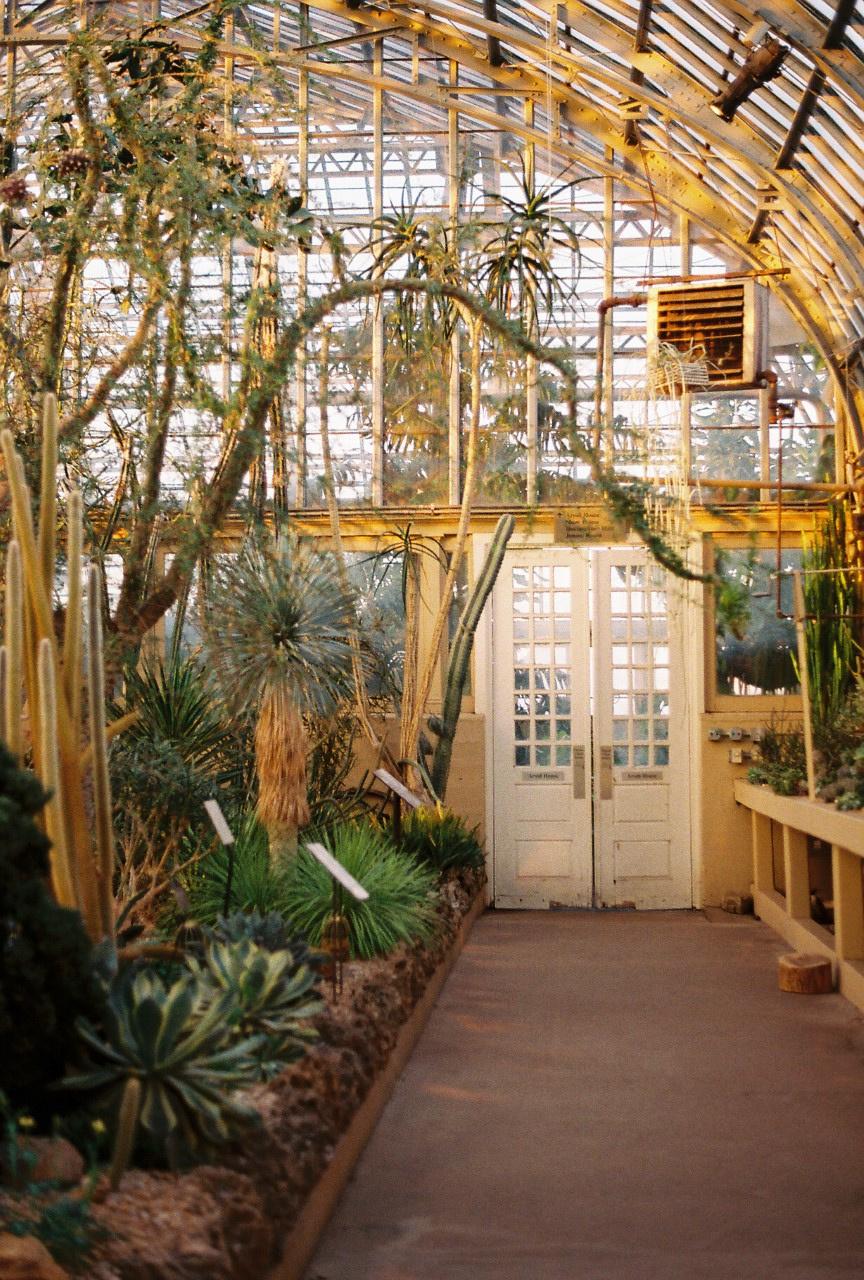
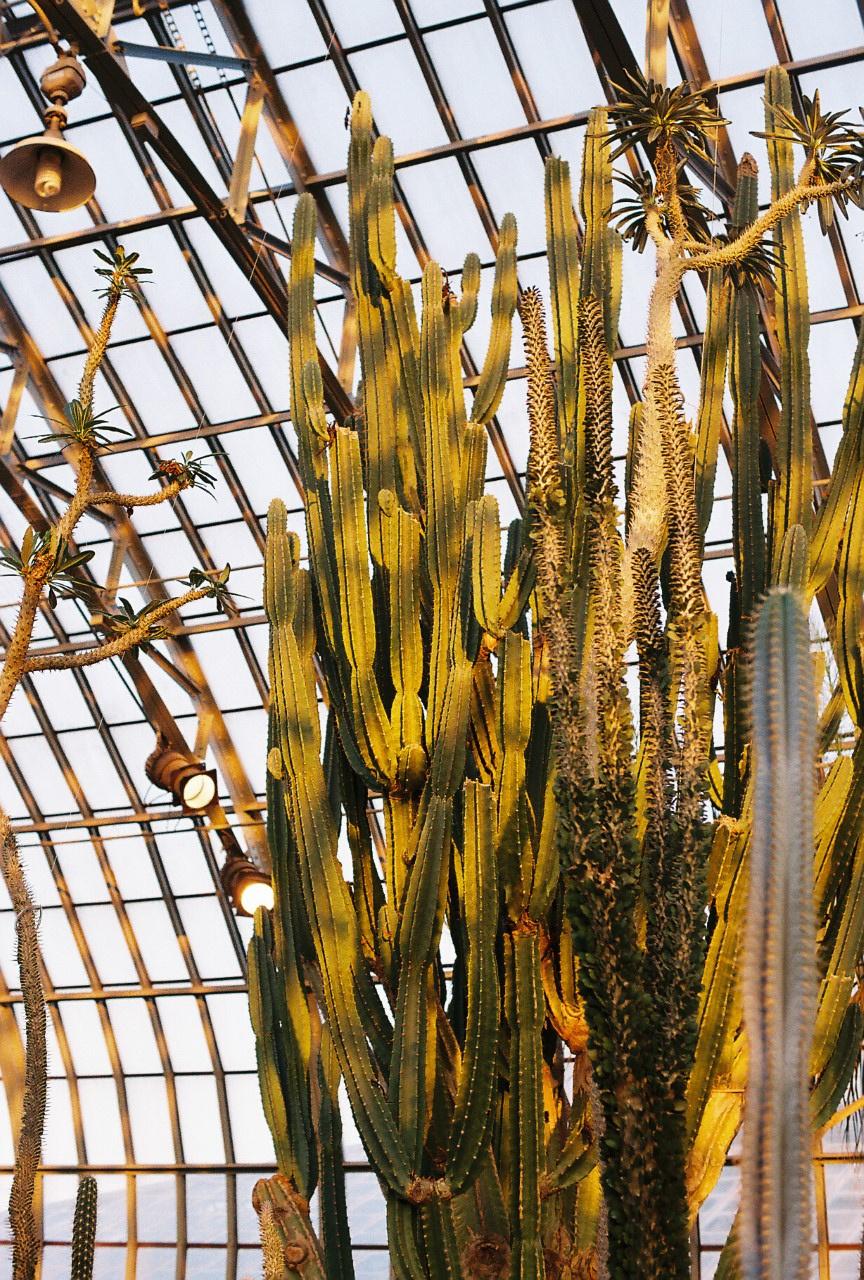
UIUC is Destroying Our Future. It's Time to Fix it.
 Rudy LaFave
Rudy LaFave
There will be a Climate Strike happening on April 23rd at noon in front of Alma. You NEED to show up. This is why.
UIUC is lying to you. The Administration is failing to account for your future and mine. But now is the time to fight harder for our environment than we ever have before. This is the time to get pissed off.
Firstly, the University endowment systems hold some ~230 million dollars invested into companies that profit from the extraction, refinement, sale or transport of Fossil Fuels This is outrageous and disastrous not only for the planet, but for our future! It is fundamentally not what this University says it stands for. Our University has, on all counts, failed to be accountable.
UIUC claims to be “...dedicating its brightest minds and resources toward prioritizing the environment in everything we do…” on the Student Engagement page. This is a lie. UIUC should be making larger strides towards sustainability considering the climate crisis that we are in Whether it be investing into crumbling bike infrastructure on campus or shutting down the existing Coal fired power plant and transitioning to renewable sources of energy.
Secondly, UIUC has already committed to fully divesting from Fossil Fuels by the Fiscal Year of 2025 in objective 9.1 of a non-binding agreement called the ICAP, the Illinois Climate Action Plan. A short 2 years away. This is a promise that is not on track to be completed. This Climate Strike is also about holding the University administration accountable for what they say and agree to.
Thirdly, is it our duty, as students and the ones
who will have to live through the world with the choices made by others, to fight for what is right and what is just.
We must not forget that we as students have an active voice on this campus. But it only happens if we choose to have one. It’s very easy to get lost in the idea that the administration doesn’t listen or that they can wait out students But it’s absolutely crucial that the student body fight for the changes we want to see on our campus. If not for us, then for the future students who come after.
That is why you need to join the strike.
It is about stating our disagreement with the Institution that we are stakeholders of. It is about holding our University Administration accountable for what they say and do. It is about fighting for those who cannot. Because it is the right thing to do. I hope you join us.
Go green or go home.
Paragraph about divestment→
The University of Illinois has some ~230 million dollars invested into companies that profit from the extraction, refinement, sale or transport of fossil fuels through a combination of both a public and private endowment. This is disastrous not only for the planet and OUR future, but is fundamentally not what this university says it stands for. The university’s support and investment in these corporations directly contributes to environmental damage and irreversible ecological harm. This issue has been going on for over 10 years now, and the university has on all counts failed to be accountable. It holds $2,000,000 in the Phillips 66 companies and subsidiaries alone. Phillips 66 owns Conocophillips which is the Oil company that won the leasing to drill at Willow!

They have even made a non-binding agreement to divest from fossil fuels by the Fiscal Year of 2025. A short 2 years away. The university made this proclamation in writing. It’s written in the ICAP agreement - the Illinois Climate Action Plan. Check it out here.
State of the campus, environmentally speaking→ Even though the university claims to be “...dedicating its brightest minds and resources toward prioritizing the environment in everything we do…” Student Engagement page. This is a lie. UIUC should be making larger strides towards sustainability. Whether it be investing into crumbling bike infrastructure on campus or shutting down the existing Coal fired power plant that also runs on Natural Gas.
Why they should join→
We must not forget that we as students have an active voice on this campus. That only happens if we choose to have one It’s very easy to get lost in the idea that the administration doesn’t listen or that they can wait out students But it’s absolutely crucial that we as a student body fight for the change that we want to see on this campus. If not for us, then for the future students who come after us. That is why you need to join the Climate Strike happening on April 23rd at noon in front of Alma.
We as a student body need to not only hold the University accountable for their actions and commitments. But to also fight for those who cannot. If we don’t, who will?
The End of Cherry Blossom Season as We Know it?
Julia San Miguel
This year’s cherry blossom season at the Japan House is unfortunately seeing a far less spectacular bloom than in recent years. Why? Representatives from the Japan House attribute this year’s disappointing foliage results to unseasonably warm February temperatures followed by several freezing periods, which interrupted bud formation on the trees. As a result, the blossoms are difficult to spot among the branches The trees have instead sprouted less fantastical leaves, and are prioritizing their own survival over growing cherry blossoms
Issues like this are inextricably linked to climate change. It has long been concluded that unusual temperature changes are the result of a steadily
changing climate. From Japan to Washington, D.C. cherry blossom season has historically been happening earlier and earlier due to warmer spring temperatures that coax buds to bloom early. At first glance, this may not seem to mean much; what’s a shift of a week or two?
The innate connection of all participants in an ecosystem is critical to consider This is an increasingly alarming problem that goes beyond the beautiful trees in our campus’ backyard In a harmonious environment, insects will start to reproduce at higher rates when they assume the plants around them will have flowered, ensuring they have enough food. If one piece of this seasonal cycle is thrown out of balance, things
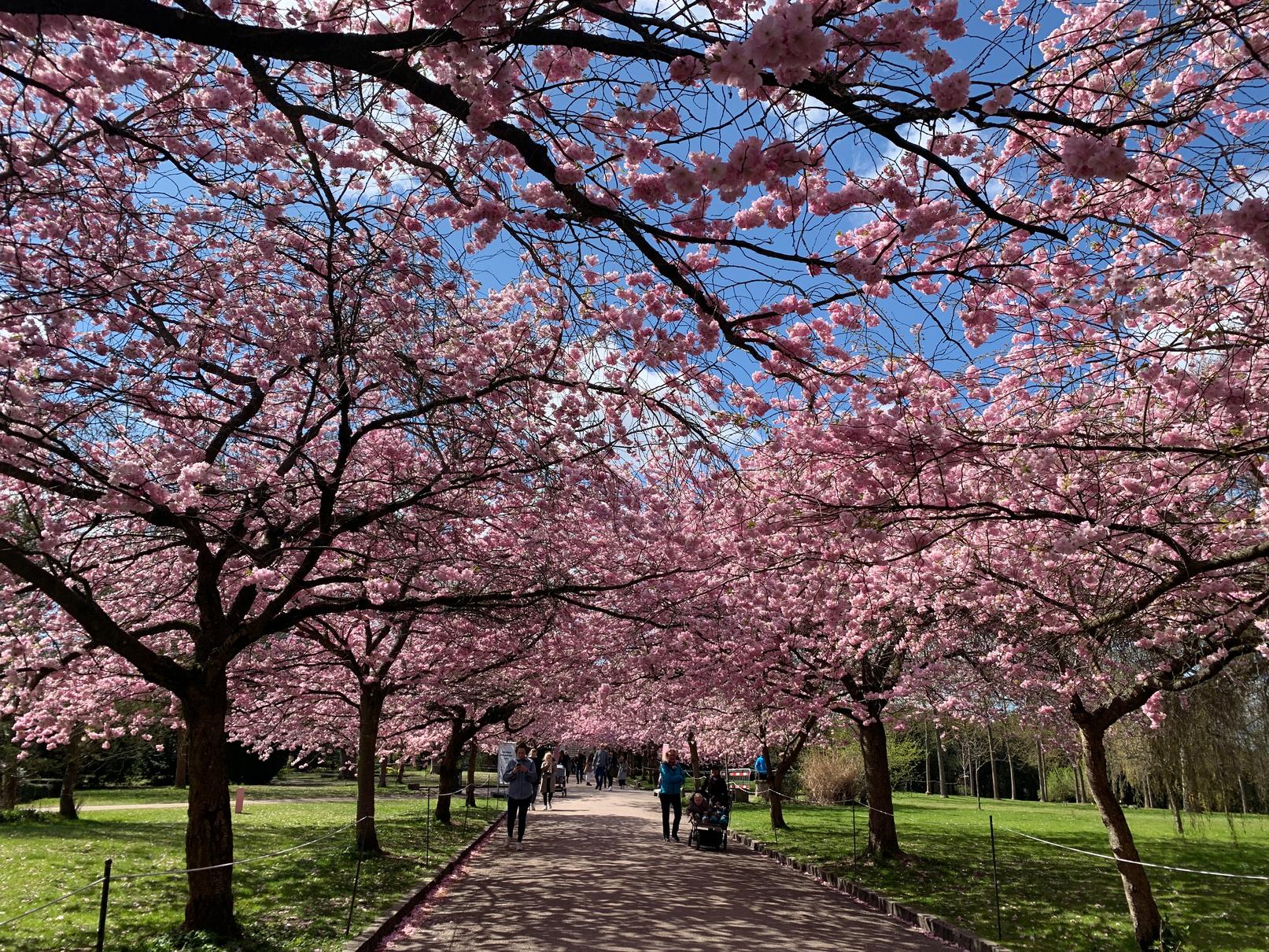
things begin to fall out of sync. Even bird migrations have begun to change direction, from north-south to east-west, as the climate changes.
The physical cherry blossom trees themselves, as a result of too-warm winters, can also experience a tree’s version of a sunburn, where their wood is irrevocably separated from their bark This phenomenon can essentially sentence a tree to death, and has only been happening more frequently as climate change’s effects continue unmitigated. This puts increased pressure on arborists to protect their trees from the sun.
On a more human-oriented note, cherry blossom season destabilization can have harmful impacts on tourism. D.C’s National Cherry Blossom Festival is meant to celebrate the highly coveted cherry blossom trees during their “peak bloom” stage, but in recent years the festival has missed peak bloom entirely because the trees have blossomed much earlier than expected This has wider influences on regional economies, and can lead to less revenue in the tourism sector Similar tourism struggles impact Japan, who gifted D.C. its iconic trees in 1912.
While it’s undeniable that our university’s cherry blossom trees are beautiful, and it’s a shame they didn’t reach their full potential this year, delicate ecosystems deserve to be protected even when they aren’t so beautiful. This is one obvious example of how climate change is affecting the world around us, but there are myriad more non-obvious changes to ecosystems happening constantly around us. Now more than ever it is imperative to protect the innate value of our surroundings, or we risk contributing to a natural environment forever changed for the worse.
Sources
https://www.cnn.com/travel/article/climatecrisis-cherry-blossom-kyoto-japan-intl-hnkscn/index.html
https://www.neefusa.org/nature/plants-andanimals/early-blooms-spring-how-climatechange-impacts-growing-seasons-andyou#: :text=Earlier%20bloom%20times%20af fect%20entire,to%20a%20shifting%20growin g%20season Japan House | Sakura Watch (illinois edu)
https://www washingtonian com/2023/03/09/ climate-change-is-giving-dcs-cherry-blossomtreessunburn/#:~:text=Climate%20change%20is% 20affecting%20the,are%20open%2C%20to%2 0occur%20earlier.

An Overview of the Stop Cop City Movement
 Julia Spainhour
Julia Spainhour
In the city of Atlanta, a $90 million, 85 acre police training facility in the heart of the South River Forest is currently in the works. Entitled the “Atlanta Public Safety Training Center”, but dubbed by activists as Cop City, this facility contradicts the green space requirements set by its own lease legislation. The construction of this site directly threatens the ecosystems and communities of the area, and it has harmful ripple effects on the world at large.
For historical context, the land that the center is being built on once belonged to the Muscogee (Creek) peoples, who lived in what they called the Weelaunee Forest for 13,000 years before forced removal and assimilation. The Dawes Act of 1887 divided their collective land into small allotments designated for private ownership. Many Indigenous people opposed this act, and formed protest groups to counteract them, including the Nighthawk Keetoowah, the Snakes, and the Four Mothers Society. In the end, the government still proceeded with allotment and these groups
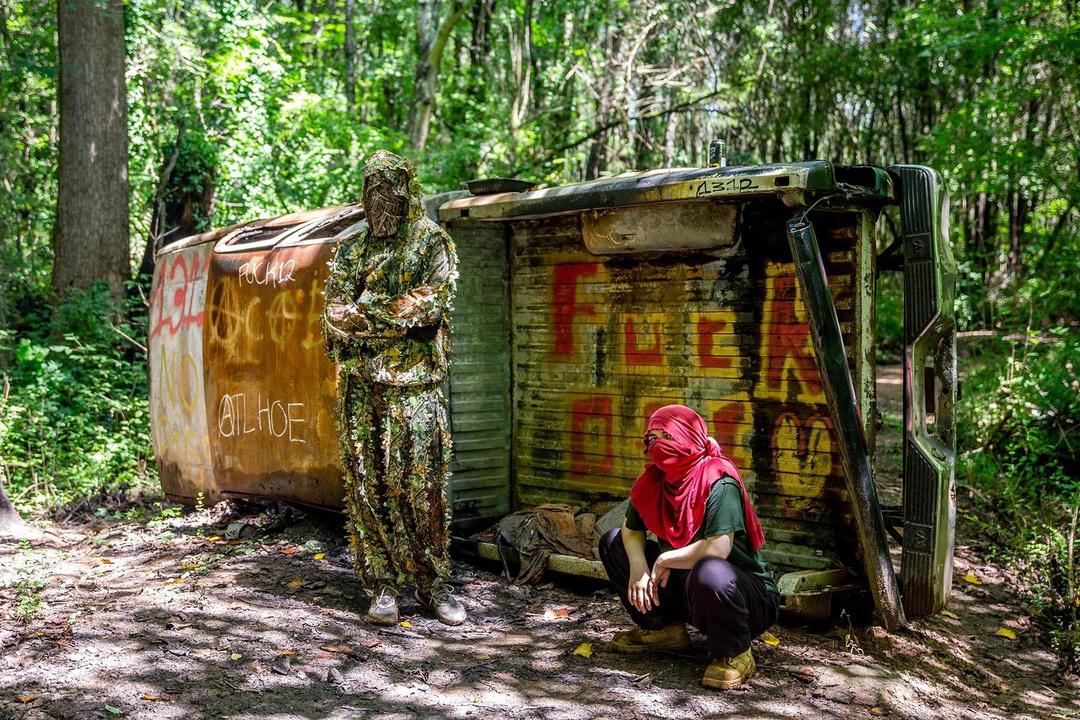
fled, although they were successful in preserving traditions such as the stomp dance.
In 1920, the area was converted into a prison farm, supposedly a rehabilitative, honorable site for nonviolent offenders The Atlanta Community Press Collective, however, has uncovered a different story “Newspaper articles, letters from nurses, legislative and inspection records, and folk stories tell tales of overcrowding, ‘slave conditions,’ lack of healthcare, labor strikes, deaths, and unmarked ‘pauper’s’ graves”, they report. Now, it’s set to become a sprawling police militarization training facility, fit with stimulated classrooms, a shooting range, and a mock city to practice conducting raids. The project’s said goal is to boost officer morale and increase recruitment into the force.
In September of 2021, there was a 17-hour session for public comments, in which around 70% out of over 1,100 residents expressed resistance to the project Nevertheless, the Atlanta city council voted 10–4 in favor of the construction in that same month. By ignoring and keeping residents in the dark, Atlanta’s government sends a message that they don’t care about community interests. As CNN reports, “Some locals say the city’s announcement blindsided neighbors and the development process since has largely been a secretive one with limited input from the most affected communities.” While Atlanta mayor Andre Dickens claims that there is “a lot of room for input,” the advisory committee for the project includes representatives from the Atlanta Police Department, the Atlanta Fire Department, and the Dickens administration, and in turn leaves out environmental groups Lily Ponitz, an environmental engineer, was voted off of the committee following her publication of an op-ed criticizing the project. It’s been made clear that the decision-makers for this facility aren’t truly interested in receiving meaningful feedback.
The South River Forest is considered one of the “Lungs of the City” by the Atlanta Department of City Planning. In a 2020 report, this department emphasizes the importance of ecological restoration in the area to prevent the loss of vital ecosystem services Yet, they are building a facility which will destroy 85 acres of this critical land According to Deron W Davis, the former executive director of the Nature Conservancy of Georgia, “The South River Forest is one of the largest unspoiled forested areas left in the Atlanta metro area.” Its trees help to remove millions of pounds of air pollutants each year, and reduce the heat in a sometimes sweltering city.
Furthermore, the forest assists in controlling stormwater runoff, a major problem in the city of Atlanta. Essential habitats to a host of wildlife will disappear, and chemicals from the facility will contaminate the soil and water. This is certainly an issue of environmental racism, which is defined by the World Economic Forum as, “a form of systemic racism whereby communities of colour are disproportionately burdened with health hazards through policies and practices that force them to live in proximity to sources of toxic waste.” The area surrounding the forest is made up of predominantly Black neighborhoods, which will be subjected to increased flooding and pollution as a result of the facility’s construction.
Additionally, over policing in Atlanta neighborhoods, specifically targeting Black residents, has been an issue for years. In fact, Atlanta is the most surveilled city in the United States, with 24,800 cameras for 506,811 people. The violent police presence in the city has made itself apparent throughout the Stop Cop City Movement On January 18th, the cops fatally shot an environmental activist, who went by the name Tortuguita, 14 times. Though they claim Tortuguita shot a state trooper first, they have failed to provide any body camera or dashcam footage from the incident, and have withheld key information from the family and the public.
The family asserts that Tortuguita was peacefully protesting in the woods, and autopsy evidence shows them with their hands in the air They were committed to nonviolence, and the statement reads “They were a trained medic, a loving partner, a dear friend, a brave soul, and so much more.” Moreover, 42 activists in the Stop Cop City Movement have been charged with domestic terrorism, where they could face up to 35 years in prison, all for the crimes of property damage and trespassing during protests.
This forest has a dark history of violence, dishonesty, and corruption. Stop Cop City activists are working to protect the planet and the community by attempting to reduce further devastation incited by decision-makers of this property They won’t stop fighting until there is justice

Sources
https://www nytimes com/article/cop-city-atlantaprotests html
https://www muskogeephoenix com/news/threeforks-history-four-mothers-resisted-allotment/arti cle 80d09bee-f823-5882-8236-0bd9aa0ab8c4 html
https://www atlantamagazine com/greatreads/the-birds-stopped-singing-inside-the-battlefor-atl
antas-south-riverforest/#:~:text=One%20late%20November,in%20t he%201830s
https://www.newyorker.com/news/letter-fromthe-south/the-new-fight-over-an-old-forest-inatlant
a
https://www.southriverforest.org/ https://tp-cdndev.atlscanner.com/shared/AtlantaCityPrisonFarm History.pdf
https://apnews.com/article/george-floyd-atlantaclimate-and-environment-law-enforcement-fores ts-5d4f0a055d61a1b41262278e01e37ac6
https://news climate columbia edu/2023/02/24/op inion-why-environmentalists-should-oppose-co p-city-and-defend-the-atlanta-forest/
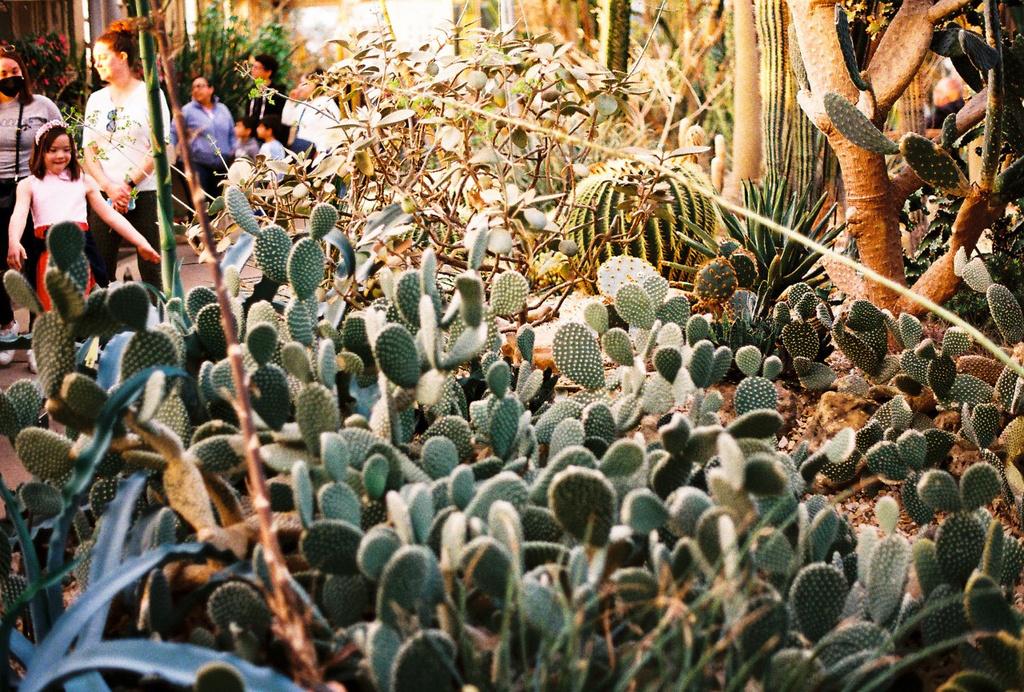
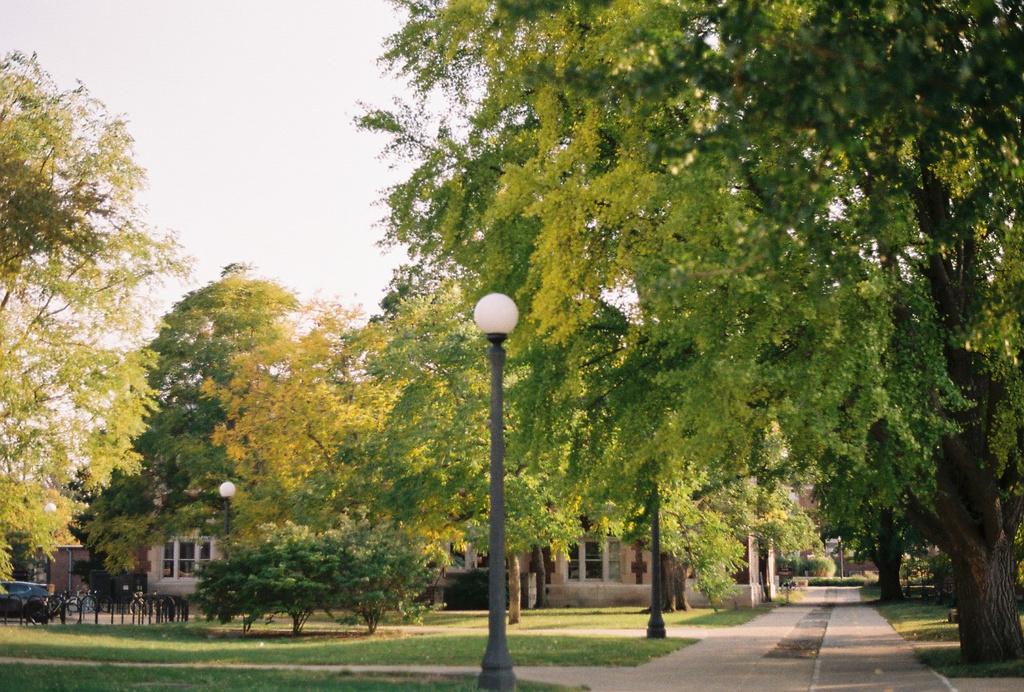
British Colonialism and the Environment in SubSaharan Africa
The legacy of colonialism still affects the present day Global South. Years of exploitation left many people impoverished while erasing their culture, only to leave seeds for corrupt, authoritarian governments. Colonialism is responsible for establishing current power structures that leave this region vulnerable, inciting the industrial age that led to the boom in emissions, destroying local knowledge, and exploiting natural resources.
These effects are prominent in Sub-Saharan Africa, a region with great environmental importance. Africa contains 1/5 of all known species of mammals, birds, and plants, as well as 1/6 of reptile and amphibian species. Climate research scenarios predict a quick extinction of species, loss of natural habitats and ecosystems, and shifts in the abundance of species. Loss of biodiversity would create a chain of impacts that would unsettle African agricultural practices and livelihoods in rural areas

I will examine environmental impacts through the lens of British colonial histories in South Africa, Kenya, and Nigeria.
South Africa
Colonialism began in South Africa in 1652 with slavery and forced labor imposed by the Dutch The Dutch East India Company established a station at Cape Town and imported European farmers and African slave labor to work the land they seized from local Khoisan
residents. Then the British occupied the Cape in 1795 to protect the sea route to their empire in South Asia. In the late nineteenth century, the discovery of gold and diamonds in South Africa heightened divisions between races and classes and the British subjected African workers in the mines to a variety of discriminatory laws and practices. In 1910, the Union of South Africa was created as a sovereign dominion of Great Britain, and essentially operated as a white union.
Sophia Beem
British colonialism and the economic and labor policies that were established created conditions for the beginning of Apartheid in 1948, which enforced policies of racial segregation. During colonialism, South African lands were stripped of their topsoil by overgrazing and farming, widespread deforestation occurred for fuel, and mining practices contaminated air and water, as the government ignored environmental standards for the mining industry, knowing how reliant it was on the income from that venture. The racial divisions at the core of South African history also relate to environmental concerns, as indigenous black Africans with sustainable living practices were forced into labor and assimilation that dissociated them from their lands, farming practices, and cultures
Kenya
Kenya was colonized by Great Britain between 1901 and 1960. The British developed settlerdominated agricultural production, which suppressed Kenyan agricultural practice and forced indigenous farmers and herders onto infertile land or to work on European-owned plantations. Military expeditions led to genocide, forced migrations of people and loss of sovereignty as colonial rulers replaced indigenous leaders. This was coupled with Christian missionary activities and a push for Western education that contributed to a large-scale displacement of people and culture. Additionally, commodity production during the second world war caused widespread environmental degradation due to massive deforestation and destruction of local industries. Kenya gained independence in 1963 after sustained rebellion against unfair labor practices, structural racism, and forced resettlement. However, the post-colonial state has struggled with inequality and poverty as colonialism established intense disparities in the structure of development in Kenya.
Nigeria
Nigeria was colonized by the British from the midnineteenth century until 1960. An administrative system of “indirect rule” was institutionalized, in which local government was left in the hands of
native communities, but was subject to interjection by European officers. Western education, the English language, and Christianity were spread and the Nigerian economy became reliant on the export of cash crops. People often had to migrate to work as tenant farmers in these cash crop areas and largely leave behind indigenous subsistence farming. The erosion of traditional conservation practices began with European colonization, as positive ecological behavior and conservation ideology was prevalent in the cultures of the Yoruba, Igbo, and Hausa ethnic groups between the 16th and 19th centuries. As with all of these countries, the British push for profit overruled the interests of people and sustaining culture and land sovereignty in Nigeria
Nigeria, Kenya, and South Africa are just examples of colonized nations, but this colonization and environmental degradation took place on a large scale across multiple continents between the 15th and 20th centuries, and still occurs today in some places. One major takeaway from the colonial histories of these countries is that colonialism gives one power a monopoly over natural resources, including lands, wildlife, minerals, agriculture, and labor. At the root of colonialism is a perception of the environment, as with the people and lands of a region, as an outside force to be attacked and conquered. The British quest to exploit natural resources in their colonies and funnel that wealth back to the West promoted a massive depletion of forests, grasslands, wildlife, mineral resources, and indigenous cultural practices. Additionally, the colonial emphasis on state control of land over communal land ownership resulted in diminished cultural attitudes about environmental stewardship and the link between humans and the physical environment. Particularly in Sub-Saharan Africa, where many cultures have roots in belief of the sanctity of land and recognition of the connection between humanity and nature, an assimilation of that sentiment and practice is detrimental to the rich biodiversity, diverse geological makeup, and varied climates of this region of the world.
Sources
Dejene, 2022https://www.nature.com/articles/s4155
8-022-01519-x#Sec6
South African Governmenthttps://www gov za/about-sa/history
Ndege, 2009http://africanphilanthropy.issuelab.org /resources/19699/19699.pdf
Adeola, 1996https://journals.sagepub.com/doi/pdf/ 10.1177/001391659602800503


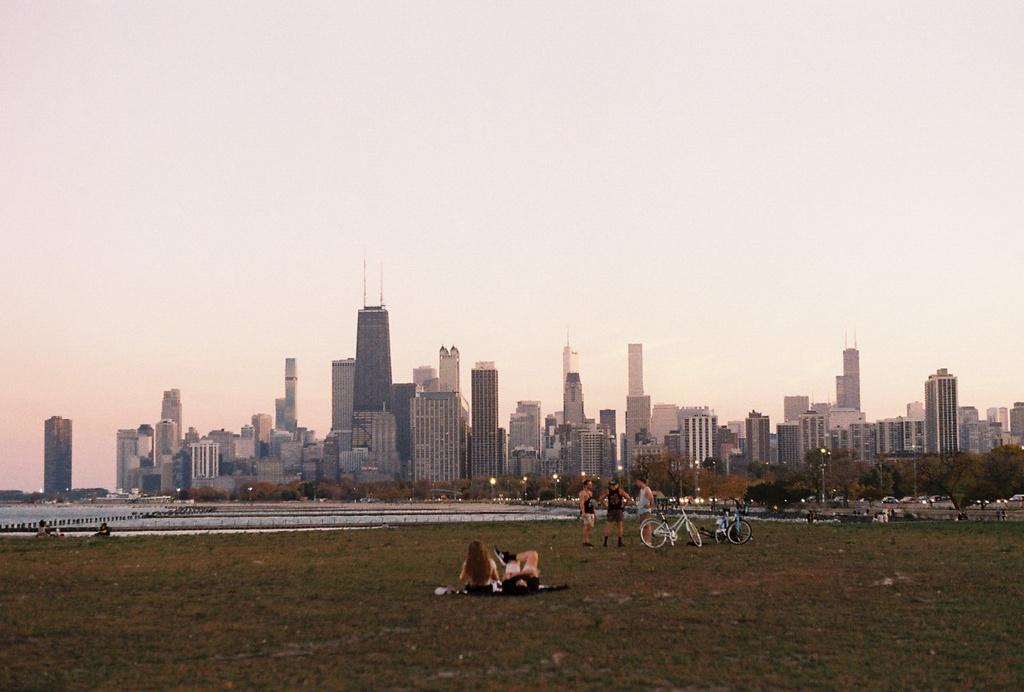
WE WIN THROUGH NONVIOLENCE. WE'RE NOT GOING TO BEAT THEM AT VIOLENCE. BUT WE CAN BEAT THEM IN PUBLIC OPINION, IN THE COURTS EVEN
TORTUGUITA





 Julia Spainhour
Julia Spainhour





 Rudy LaFave
Rudy LaFave



 Julia Spainhour
Julia Spainhour








